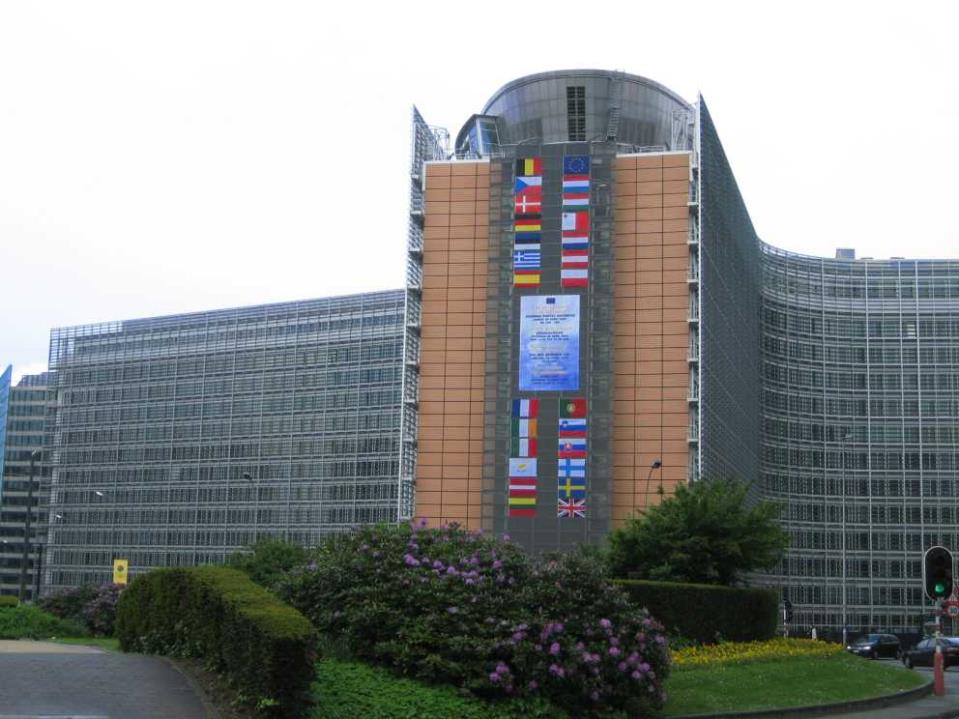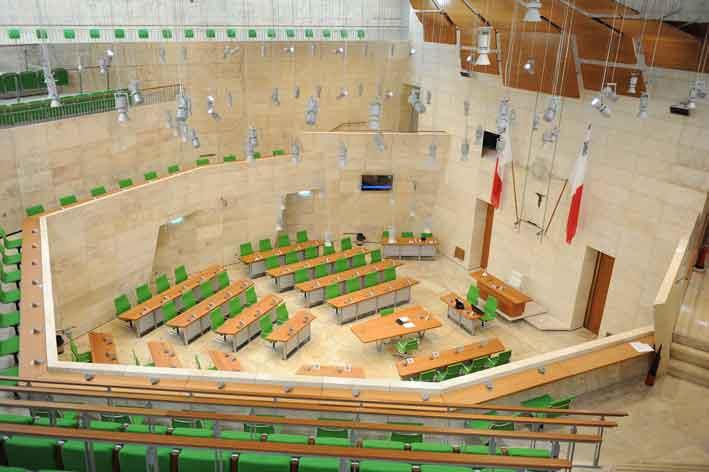The Finance Ministry has committed itself to passing the fourth EU anti money laundering (AML) directive through Parliament after the summer recess.
The EU Commission some weeks ago penned a letter to the government asking why it failed to transpose the fourth anti-money laundering directive - aimed at making it harder for terrorist organisations and criminal gangs to hide their money - into law by the 26 June deadline.
The EU sent a letter to a total of 14 member states for missing the deadline, while a further three member states have been asked to explain why the measures were only partially transposed. Finance Minister Edward Scicluna was quoted as saying that it would be transposed by the time Parliament breaks for the summer, but this unofficial deadline was also missed.
The Malta Independent wrote to the Finance Ministry two weeks ago to gauge why this second deadline was missed, what the possible fallout is and when it plans to transpose the EU anti money laundering legislation into law.

In its response, a spokesperson said: "The transposition of this AML Directive involves amendments to various financial services Acts. Malta does not have any issues with the transposition of this Directive. The Bill started to be discussed during the last Legislature. The First Reading of the Bill has already been presented in the current Legislature. The Parliamentary process to pass the Bill will be scheduled for when Parliament resumes after the summer recess."
With Prime Minister Joseph Muscat’s commitment to passing the Marriage Equality Bill, and the Parliamentary debates that had to take place on the financial estimates of multiple state entities, this AML directive was pushed back.
When the member state leaders decide on EU legislation, a date is given to member states by which it must be transposed into national law. The only way for the EU to know that this indeed took place is through an official notification procedure. Malta was among 14 countries that failed to notify the EU that it adhered to the deadline.

The AML directive is aimed at addressing typical moves by organisations to conceal their wealth, which is by shifting money around European capitals. Before sending the letter, media reports emerged that detailed how Brussels rebuked national governments in the EU, including Malta, for failing to apply the rules associated with the directive.
The measures require countries to set up national registers showing the ultimate beneficial owners of companies which can then be accessed by authorities throughout the EU. Europol and other EU law enforcement agencies have said that the plans would make it harder for people to hide assets behind complex corporate structures and simpler for authorities to work together to track suspicious cross-border transactions. They also set together due diligence requirements for banks, lawyers and accountants.

In addition to this, intermediaries must carry out extensive risk assessments of their customers in order to fight money laundering and the financing of terrorism. The directive broadens the definition of a politically exposed person, which effectively means that a wider variety of people will be subject to stringent checks, including spouses, family members and close associates of the classically defined politically exposed person.
At a time when the EU is aggressively trying to curtail terrorist funding, due to the onslaught of attacks especially in Paris, Belgium and Germany, it is taking a very serious stance against member states failing to keep up with anti-money laundering legislation.